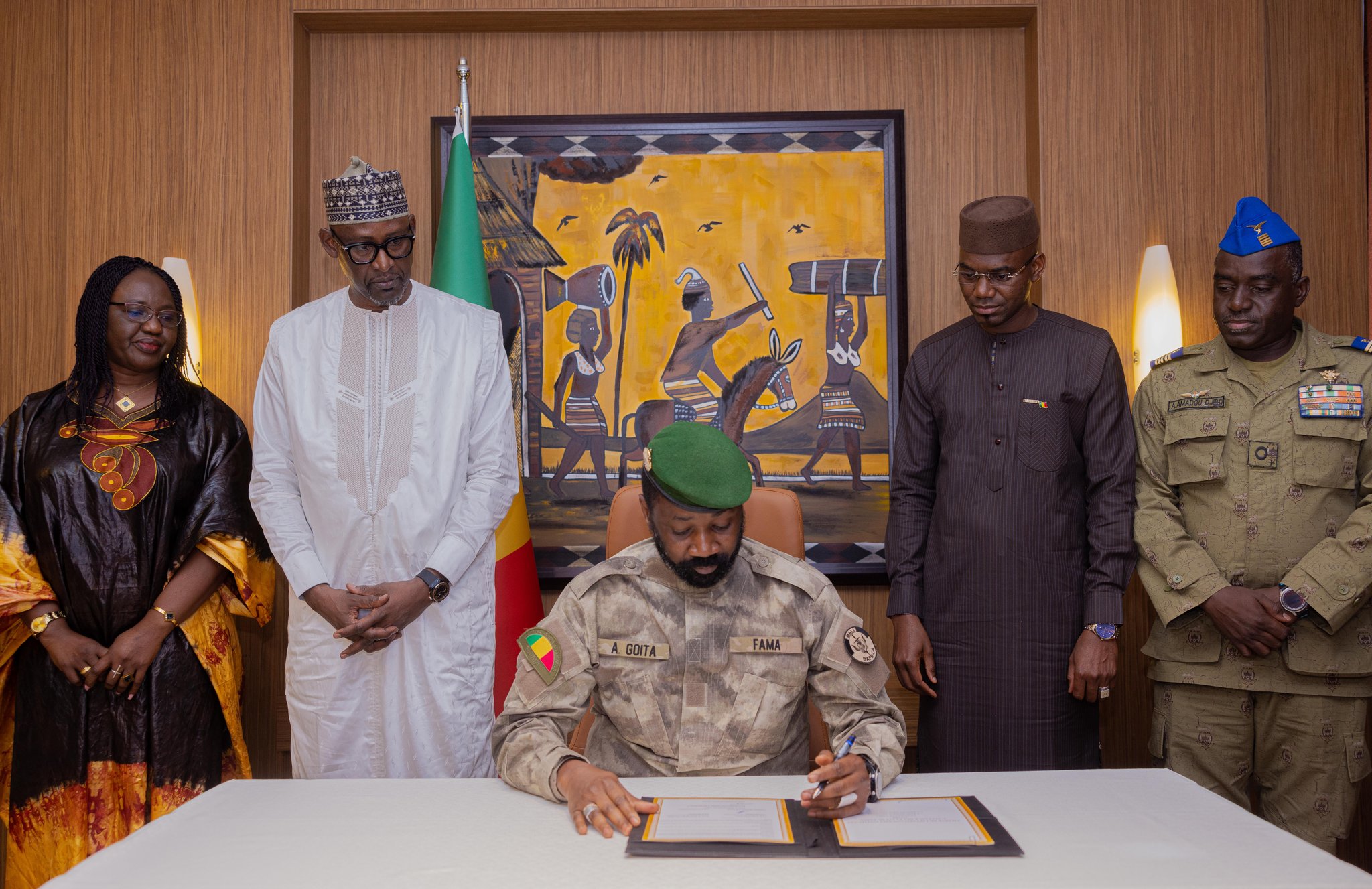Mali’s leadership has recently put forward a proposal to delay democratic elections for three years, which would also extend the tenure of military leader Assimi Goita.
This move could potentially allow him to run for president in the upcoming election. Let’s delve into the details of this proposal and its implications for Mali’s political landscape.
Background: Mali Under Military Rule
Since a coup in 2020, Mali has been under military rule, leading to escalating tensions due to delays in restoring constitutional governance.
A promised timeline for the return to democratic elections has not been adhered to, further complicating the situation.
Following a three-month national consultation, various sectors of Malian society recommended extending the transition period to five years.
This extension would push back the scheduled elections from this year to 2027, significantly lengthening the military’s stay in power.
Also Read: Mali Empire – The Rise and Downfall of the Malian Empire
Junta’s Previous Transition Plans
Initially, the junta proposed an 18-month transition, which was later extended by two years after missing an election deadline.
The dialogue also suggested engaging with armed groups and integrating militias into the army, highlighting a focus on security challenges.
Political Turmoil and International Response
Mali’s political turmoil has drawn international attention, with pressure from leaders and the U.N. Security Council for a return to civilian-led governance.
Despite previous agreements to transition power to a civilian-led interim government, the junta, led by Goita, staged another coup and has remained in power.
Current Situation and Challenges
Recent restrictions on political activities by the authorities, along with ongoing insecurity and economic difficulties, have fueled discontent with the junta’s leadership.
Goita has urged the transitional bodies to implement the recommendations of the national dialogue, indicating a potential shift in the political landscape.
In conclusion, Mali’s proposal to postpone elections and extend military rule raises concerns about the country’s democratic future.
As the situation continues to evolve, it is crucial for all stakeholders to prioritize stability, peace, and democratic governance in Mali.
